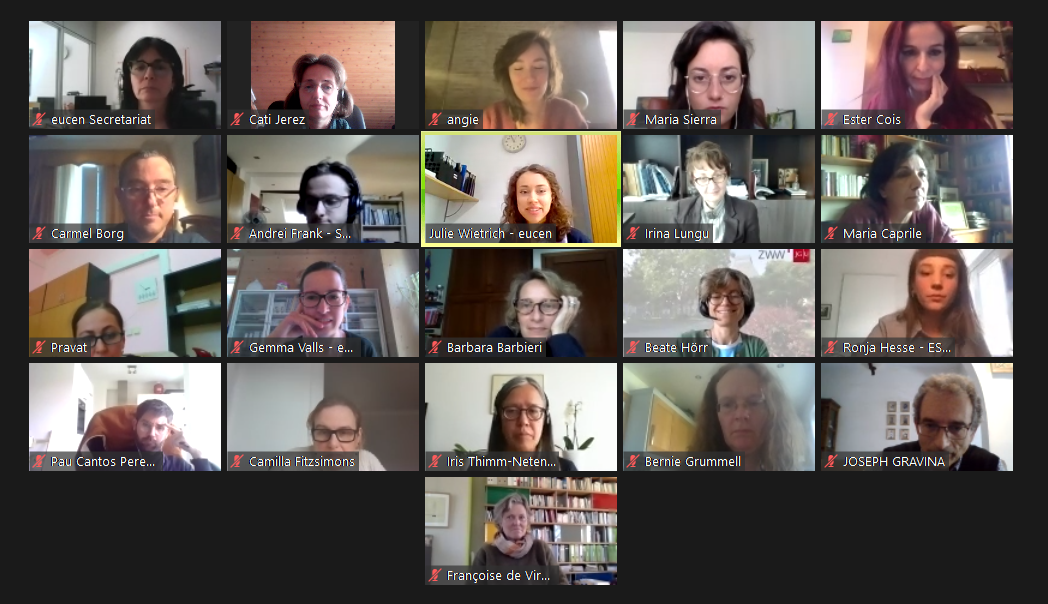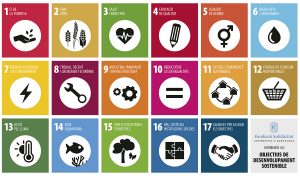UB Solidarity Foundation is one of the organizations participating in this European project, which seeks to develop and implement innovative practices to promote inclusive higher education.

The Solidarity Foundation of the University of Barcelona participates, on 21 and 22 April, in the Peer Learning Seminar of the SMILE project (Social Meaning Impact through LLL Universities in Europe), in which partner entities are sharing and discussing their research – carried out through consultations with organizations, disadvantaged learners and the rest of civil society – in relation to the three pillars of the initiative:
- migration and access to higher education
- women in leadership
- socioeconomic issues; connected to the need to address the problem of lower access, participation and attainment of learners with lower socioeconomic status, and the need to train university staff on this dimension.
About SMILE (Social Meaning Impact through LLL Universities in Europe)
The main objective of the European SMILE project is to develop and implement innovative methods and practices to foster inclusive education and promote common values in Higher Education (HE).
Specifically, SMILE encourages the participation, progress and achievement of disadvantaged learners in HE, by supporting educational staff to address diversity (in relation to ethnicity, women’s leadership and socioeconomic status) and strengthening diversity among educational staff.
The project is co-funded by the Erasmus + program of the European Union and it is coordinated by EUCEN (European University Continuing Education Network).
About the Support program of the University of Barcelona for refugees
The Support program of the University of Barcelona for refugees and people from conflict areas, coordinated by the UB Solidarity Foundation, is based on the development of a human rights perspective, with two main fields of action: academic support and social integration (scholarships, transition to university course, acommodation, support for language learning and daily life issues, legal advice and psychological assistance), as well as networking and cooperation.
This news is related to the following SDG of 2030 Agenda:








